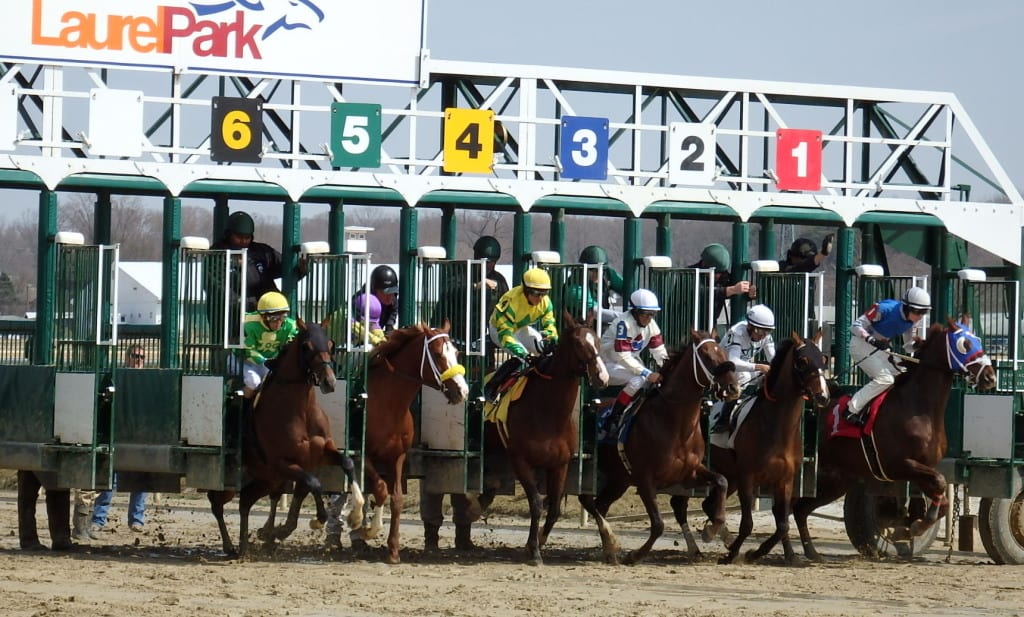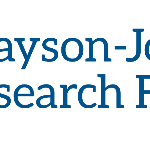STRONACH GROUP, PETA CALL FOR BAN ON HORSE SALES TO S. KOREA

After viewing PETA’s video exposé of the slaughter of racehorses in South Korea and learning from PETA that American stallion Private Vow—who ran in the 2006 Kentucky Derby—was quietly slaughtered for meat in South Korea, The Stronach Group is endorsing PETA’s efforts to ban the sale of North American Thoroughbreds to South Korean racing interests.
- April Midlantic stakes schedule
 Which stakes are taking place this month around the Mid-Atlantic? Answers within.
Which stakes are taking place this month around the Mid-Atlantic? Answers within.
PETA can now show that Private Vow was sold to South Korea for stud duty in 2014 and ended up being slaughtered for meat on July 22, 2020. He sired 196 foals in the U.S. and South Korea. His sons Normal Classic and Private Man were slaughtered on August 11 and September 10, respectively.
Belinda Stronach, chair and president of The Stronach Group, said, “The Stronach Group is urging all North American auction companies, breeders, and owners to develop policies that prohibit the sale of Thoroughbred racehorses or brood mares to South Korea without the meaningful and binding assurances that these noble animals will be protected after their racing and breeding careers.”
As a result of its on-the-ground investigation, PETA has asked the Korea Racing Authority to introduce a retirement system modeled on the Thoroughbred Aftercare Alliance, allocate 2% of prize money to aftercare, end its support for horse slaughter, and ensure that imported North American horses will not be slaughtered.
“The over 400 American racehorses exported to South Korea every year deserve peaceful retirements, not terrifying deaths on a slaughterhouse floor,” says PETA Senior Vice President Kathy Guillermo. “PETA is calling on North America’s Thoroughbred horse racing industry to stop selling horses to South Korea until the slaughter ends.”
PETA’s undercover investigation shows Thoroughbreds and other horses trembling in fear and beaten in the face at the largest horse slaughterhouse in South Korea, owned by the national corporation Nonghyup. In an unprecedented legal conviction, three workers and the Nonghyup company itself were found guilty and fined for violating South Korea’s Animal Protection Act in January 2020.
LATEST NEWS














Disgusting that the racing industry uses these beautiful horses up and then ships them off to be slaughtered as soon as they stop winning money like their lives are worthless.
Good lord, as if these horses haven’t suffered enough being forced to run in circles and drugged to race through injuries. Selling off horses to South Korea to slaughter for their flesh proves that the horseracing industry doesn’t care about these animals.